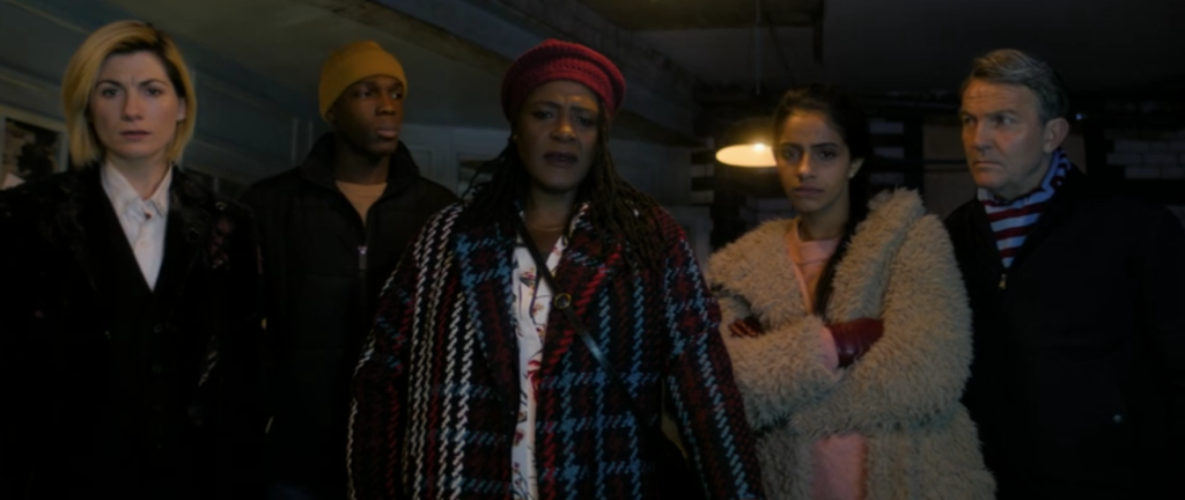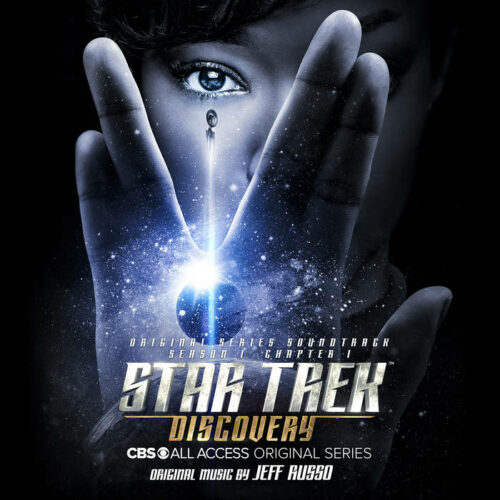All Over the Place, But You’re Trying to Hold It Back (The Woman Who Fell to Earth)

It’s October 7th, 2018. Calvin Harris and Sam Smith are at number one with “Promises,” with Marshmello/Bastille, Kanye West/Lil Pum, Silk City/Dua Lipa, and Rita Ora also charting. Since Peter Capaldi and David Bradley regenerated, the US government briefly shut down despite Republican control of Congress and the Presidency, Kay Goldsworthy became the first female Archbishop in the Anglican Communion, a school shooting happened in Parkland, Florida, Donald Trump and Kim Jong-un met in Singapore, the first ever meeting between leaders of the two countries, noted actress Meghan Markle married an unemployed socialite, Jamal Khashoggi was assassinated in the Saudi Arabian embassy in Istanbul, and a Swedish student named Greta Thunberg began a school strike to protest Climate change.
On television, meanwhile, The Woman Who Fell To Earth. The most important thing to realize about this is just how much everyone desperately wanted it to work. For all the noise about people not liking the idea of a female Doctor, nearly eleven million people tuned in to watch this, only the third time Doctor Who has ever managed to be the top-rated show on television for the week. For all that would happen down the road, this was a piece of television that went out to a large and sympathetic audience. Rewatching it five years later, you can still see that sense of optimism—that hope that it could all work out. Those of us familiar with Chibnall’s ouvre were largely more pessimistic, but you can go look at my review at the time and see the way in which it remained hopeful, finding the good points to seize onto. It’s not that nobody wished this era malice from the start, but the people who did were all misogynistic fucks who should be ignored on principle. The rest of us were rooting for it.
This, of course, made the result all the more crushing, and knowing what we do, it’s easy to look at this and see the flaws that would soon come to define the Chibnall era. But there’s a whole era of stories that don’t have this aura of hope and anticipated progress in which to discuss those flaws. Everyone always praises this project for its determined focus on the historical context of episodes, so let’s play to our old school strengths and peer into the shockingly distant world of 2018 and see what this was, on its own terms, such as they are.
Within the modern series, after all, a new Doctor episode is a mission statement. Not quite a manifesto—they generally have too much to do in order to pull that off—but a mission statement—a declaration of aesthetics. Rose made it clear that this was a modern post-Buffy bit of genre television with a clear eye on the history of Doctor Who. The Christmas Invasion, by focusing on everything it wasn’t changing before finally slotting David Tennant into place, declared its continuity with its hit predecessor series. The Eleventh Hour declared change, establishing the nocturnal fairy tale that would serve as Moffat’s aesthetic brand.…

